So, you’re ready to dive into the recycling game, but you’re puzzled about where to start, particularly with collecting plastics. Sound familiar? Every year, millions of tons of plastic waste go unrecycled, contributing to environmental hazards. (A Whopping 91 Percent of Plastic Isn’t Recycled)
Fear not! Plastic collection for recycling is easier than you might think, and it’s the first crucial step in closing the recycling loop.
Stick with me as we explore the various facets of plastic collection that are as rewarding for your business as they are for Mother Earth.
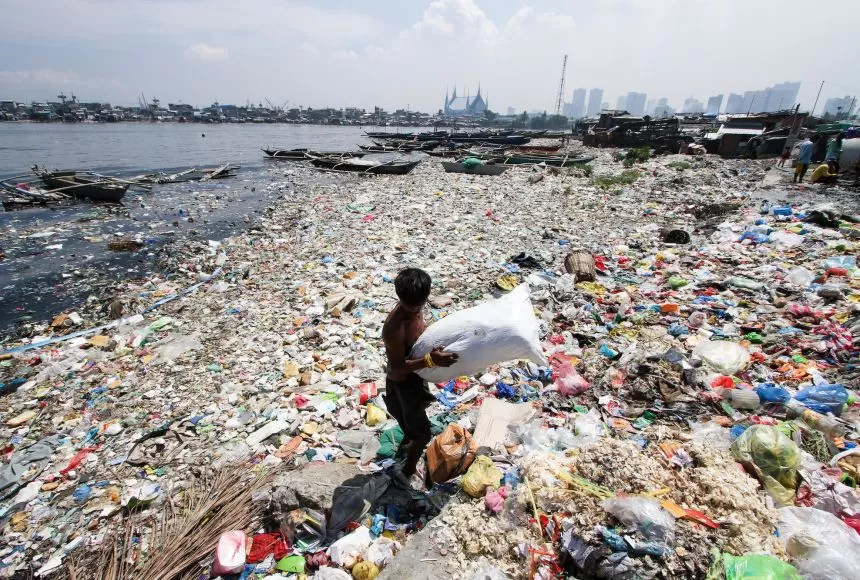
Where Does One Start Collecting Plastics?
First things first: identifying sources. The most common sources of recyclable plastics are households, commercial establishments, and industrial units. Each source has its own set of rules for collecting recyclables, so make sure you’re in the know. (What Plastics Can and Cannot Be Recycled?)
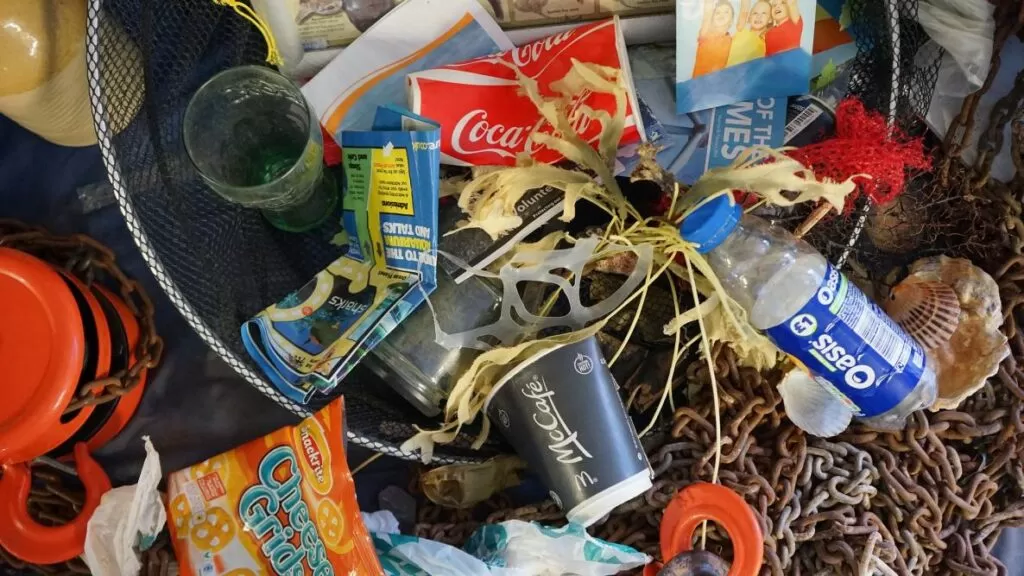
What Types of Plastics Are Collectable?
Not all plastics are created equal. Plastics like PET, HDPE, and LDPE are highly recyclable, while others like PVC and Polystyrene are less so. Knowing the types of plastics and their recycling codes can set you on the right path. (The 7 Different Types of Plastic)
Are There Legal Requirements?
Here comes the legal jargon. Depending on your jurisdiction, there may be laws dictating how plastics must be collected and sorted. These often involve permits, safety guidelines, and reporting. Failing to adhere could lead to penalties, so make sure you’re up-to-date on your local regulations. (Environmental Law)
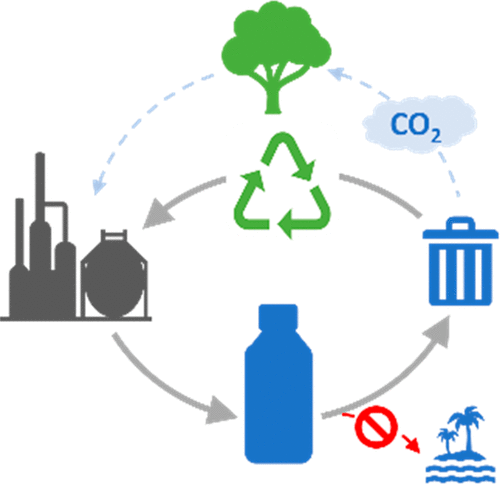
How to Sort and Store Collected Plastics?
Once you’ve collected the plastics, sorting them by type and cleanliness is key. After sorting, plastics should be stored in dedicated containers or bales to maintain their quality until they reach the recycling facility. (How to properly sort and dispose of plastics?)
What About Logistics?
Logistics can make or break your recycling efforts. Efficient routes for collection, transportation costs, and timelines are factors that need careful planning. Technologies like GPS and route optimization software can simplify this part of the puzzle. (Logistics: What It Means and How Businesses Use It)
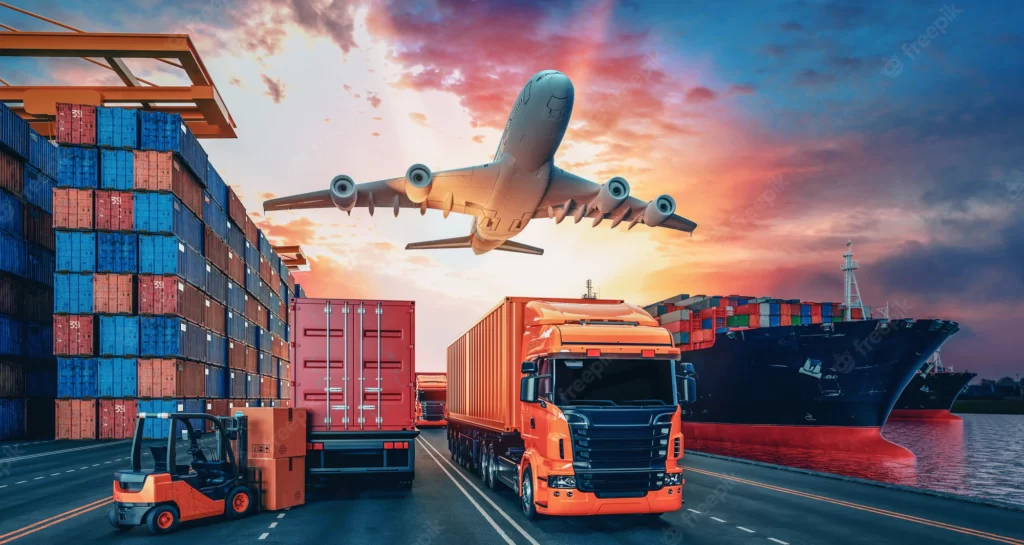
Is There a Business Opportunity Here?
Oh, you bet there is! Businesses can collaborate with local governments, community organizations, or even start their own collection facilities. Revenue can come from selling the sorted plastic materials to recycling plants or by offering collection services. (Plastic crusher with washer)
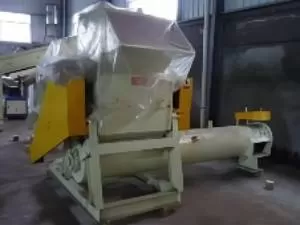
How Do You Engage the Community?
Public awareness is half the battle won. Running campaigns, workshops, and incentive programs can encourage people to segregate plastics at the source, making your job easier and more impactful. (Plastic Washer Crusher)
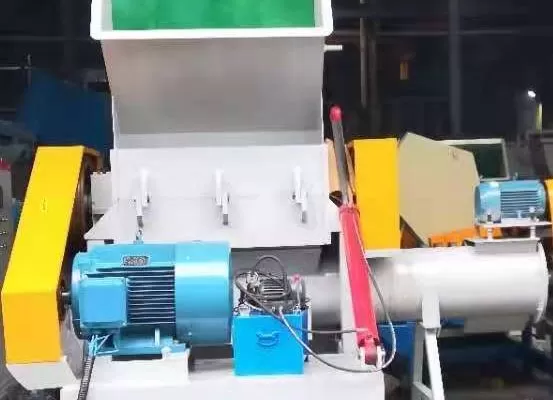
Conclusion
Mastering plastic collection for recycling is not just an eco-friendly endeavor but also a viable business venture. By focusing on sourcing, sorting, legal compliance, and community engagement, you set the stage for a sustainable and profitable operation.
In the world of recycling, every piece of plastic collected is a step toward a greener future. Isn’t it time you took that step?
